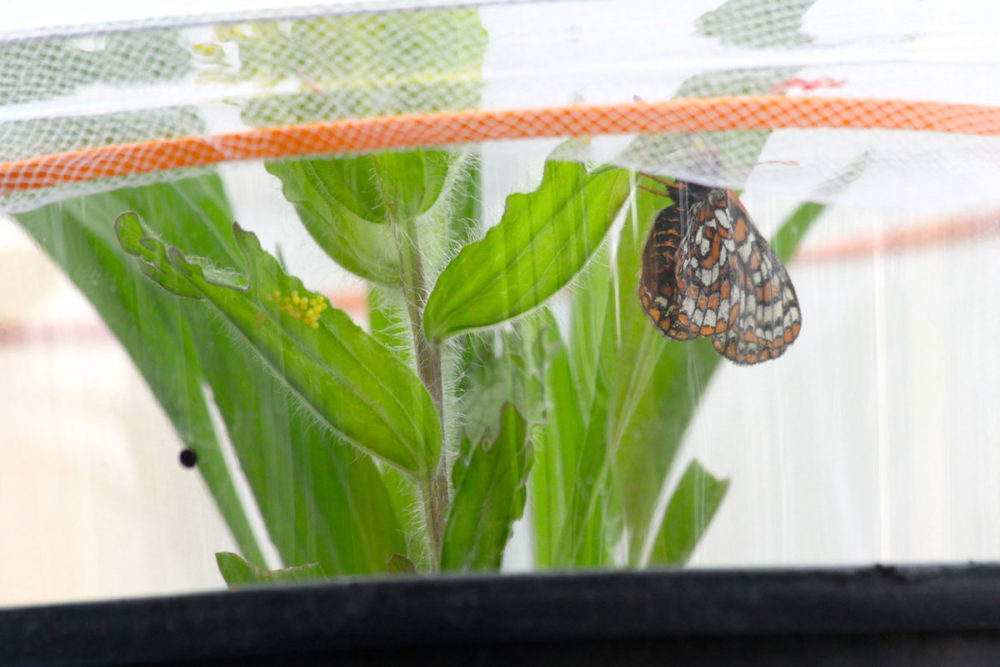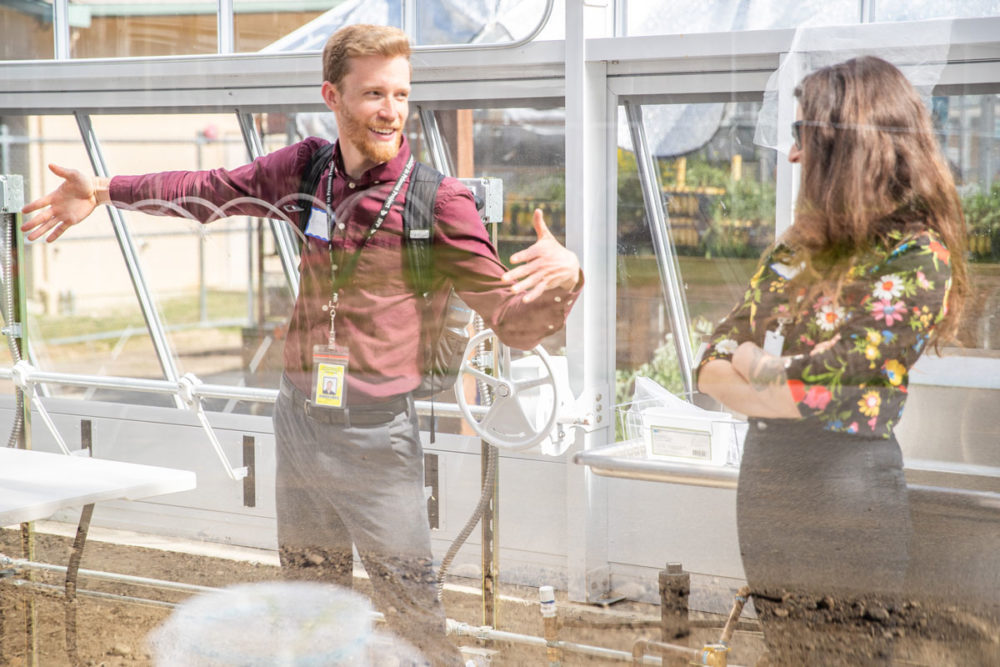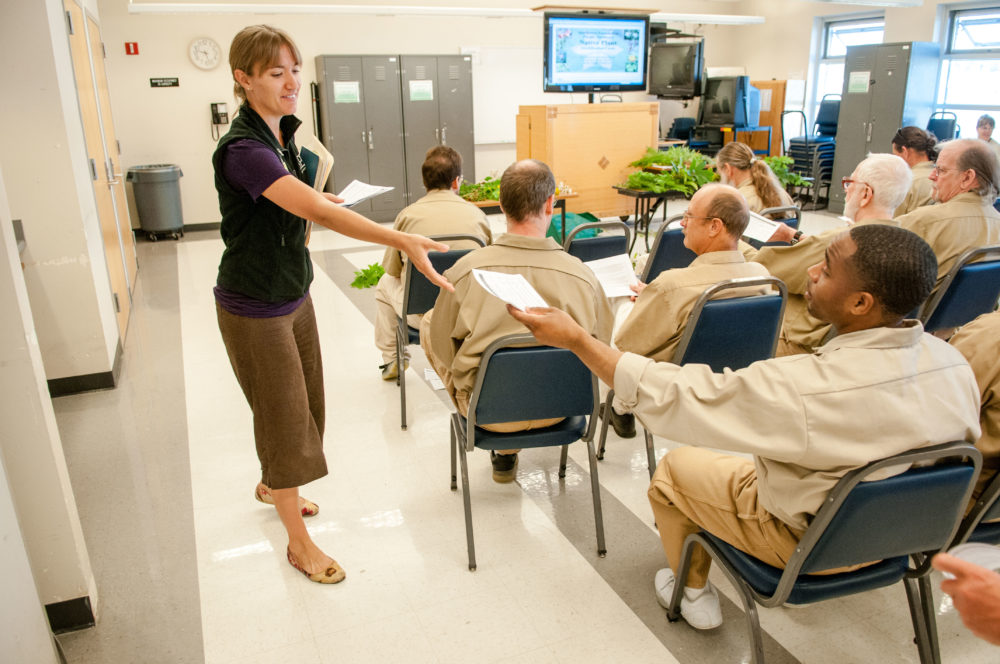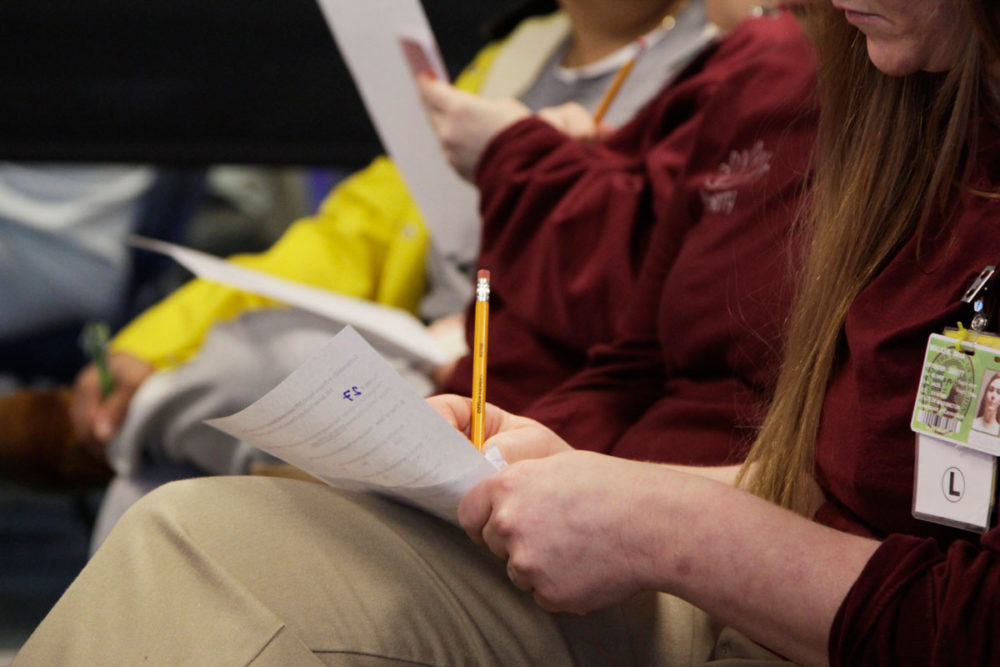SPP Results
This overview is from SPP’s annual report for Fiscal Year 2019, describing July 1, 2018 – June 30, 2019 (FY19). See our publications page for studies and evaluation summaries from earlier years.
In FY19, Washington Department of Corrections’ (WA Corrections’) requirements for program evaluation and research continued to evolve. SPP-Evergreen and the Department of Corrections Research and Data Analytics (RDA) staff met four times during the reporting period to discuss how the changes could impact possible and planned projects. Overall, options and opportunities for program evaluation and research involving people in prisons (staff and incarcerated) are greatly reduced. However, we were able to substantially improve descriptive data on incarcerated participants.
Demographics and Recidivism for Incarcerated Participants
With RDA support, SPP-Evergreen submitted a biennial data request to add results for FY18 and 19. Corrections research staff provided data on three sets of SPP participants: Roots of Success instructors, Roots of Success graduates (students), and Ecological Conservation technicians (for programs such as Taylor’s checkerspot butterfly rearing, beekeeping, and prairie plant nurseries).

We requested data on these three groups for three reasons:
- SPP-Evergreen has excellent records of participation: for each individual, we maintain identifiers and program start and end dates.
- From our observations and experiences, these programs represent a meaningful or significant experience for a typical participant. Note that we did not include people who joined a program for less time than the average participant (e.g., less than four months in a conservation nursery).
- The three groups also represent some of the variety in program participation: instructors, students, and technician/interns.
All three data sets ended June 30, 2019, and started with earliest records: spring 2013 for Roots of Success, and ~2010 for first full records from a conservation program. Results help us describe incarcerated participants in SPP programs, especially as compared to Washington prison residents overall (see the Agency Fact Card; We relied on June 30, 2019 data for our comparisons.). We cannot claim that any of key findings were caused by participation in our program; however, we find value in better knowing the attributes and outcomes of SPP instructors, students, and technicians.
Ecological Conservation Technicians
From data on 204 SPP conservation technicians, we found lower racial diversity among this group than the general prison population: 75% of SPP conservation technicians are White, whereas 70% of the general population of WA Corrections facilities is White. That is a slight improvement in racial diversity compared to the 78% White found in 2017. Asian/Pacific Islanders showed a relatively high rate of participation as SPP conservation technicians (8% compared to 4% statewide), and the proportion of Black technicians was lower, with 11% participating compared to 18% statewide.
Since the first SPP conservation program in 2009, 61 technicians released from prison three or more years ago. Of the 61, only 18% have recidivated.
Roots of Success Instructors
From data on 57 Roots of Success instructors, we saw the lowest participation by Hispanics: 5%. We found higher racial diversity than is found in the general WA Corrections incarcerated population, with 54% of Roots instructors being White, as compared to 70% White statewide. Most non-Whites are Black, comprising 39% of this group. Only 5 of the 57 have been released for more than three years—far too few in number to characterize a recidivism rate (the threshold for a preliminary finding is ~30).
Roots of Success Student Graduates
We received data for 1,364 Roots of Success graduates of the full curriculum. Again, we see higher racial diversity in this group than is found in the general WA Corrections incarcerated population: 65% White compared to 70% White statewide. The difference appeared due to increased participation by Black students: 24% of Roots graduates are Black, compared to 18% statewide. For the 140 Roots graduates released three or more years ago, less than one-third (30%) have recidivated.
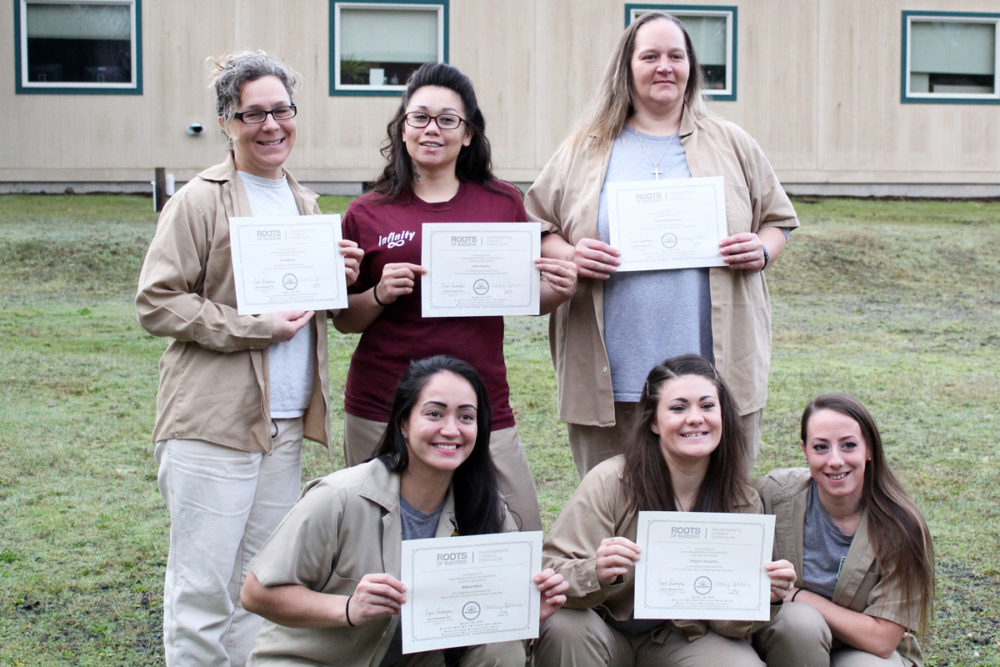
Combined Results
RDA’s report summarized characteristics for 1,754 incarcerated participants.
Looking at demographics, more individuals participating in the programs mentioned above were classified as low and moderate level risk as compared to the general population: 41% “low” and 14% “moderate” compared to 30% and 5% respectively. One “high” risk category was over-represented compared to the general population: 26% classified as “high violent” compared to 13% with this classification in the overall WA Corrections population.
In these SPP programs, 8% of incarcerated participants were Hispanic compared to 14% in the overall population. Diversity of races looked fairly similar to the general population distribution, varying by only a few points above or below those averages. The split between female and male facility’s participants exactly matched the general population averages: 8% and 92% respectively.
Of the 1,754 participants in the data set, only 206 could be included in the measure of recidivism as defined by WA Corrections; For those who have been released, it is a measure of criminal acts that result in a return to a Washington state prison within three years of the release. For these 206, 26% recidivated and 74% did not. This contrasts to 34% and 66% for the general population. To emphasize this finding: the recidivism (return to prison) rate for individuals who participated in SPP in a meaningful way was 26%, whereas the statewide overall recidivism rate for the same period was 34%.
Considering infractions and grievances of the combined groups, we could see no clear patterns for records before, during and after program participation—fluctuations over time are not large enough to exceed the margin of error.
For our next data ask, as capacity allows, we will ask for two sets of results for each group: continuing the cumulative report (e.g., all technicians since the start), and adding a report that only describes results for the years since the last data request. This should allow contrasting the most recent participants with those of previous years, and perhaps better indicate change over time.
Research with External Partners
Institute for Human-Animal Connection

Culminating their project started in 2017, Dr. Kevin Morris and colleagues with the Institute for Human-Animal Connection at Denver University (DU) published their phase one findings in the Prison Journal. Briefly, they found that prison dog program participants’ infraction rates improved and that participants had lower levels of anxiety than nonparticipants.
Informed in part by review of WA Corrections pet programs, in 2018 the Institute published a standard protocol for prison-based pet programs.
Astrobiology for the Incarcerated Program Evaluation

Throughout the year, SPP-Evergreen worked with the Astrobiology for the Incarcerated program team and research professionals working for NASA and University of Utah to synthesize survey results from the Astrobiology for the Incarcerated (AfI) lectures. Pre- and post-program surveys to assess knowledge and attitudes were administered for lectures in Washington, Ohio, and Florida, resulting in a substantial data set. Led by Nalini Nadkarni at University of Utah, the team co-authored a paper on primary findings and submitted to prestigious academic journals late in 2019.
University of Washington Waste-Based Amendment Research
MCC-WSRU’s composting program is a research site for a soil amendment research project. Scientists from the University of WA and WA State University are investigating the impact of waste-based soil amendments on soil health and yield and nutritional density of vegetables grown on amended soils. As urban agriculture grows in popularity, the quality of urban soils has become a concern. In addition, issues associated with landfilling wastes such as food scraps and municipal biosolids (solids from wastewater treatment) are generating interest in beneficial use options as an alternative to disposal.

For this study, scientists replicated field plots at three sites: the wastewater treatment plant in Tacoma, WA, City Soil Farm at the King County treatment plant, and MCC. At each site, residuals-based amendments are added to soil alongside plots where soils are amended with commercial fertilizer. A range of garden crops are grown and soil health is measured using changes in physical, chemical, and biological properties. In addition to plant yield, crops are tested for nutrient content and vitamin concentrations. Soil amendments being tested include biosolids-based topsoil, biosolids compost, vermicompost, bokashi, and compost tea. At MCC, incarcerated individuals produced amendments for the trial and have been involved in planting, tending plots, soil sampling, harvesting plant tissue, and yield measures. Data is shared with those involved to add knowledge of soil and plant analysis, data analysis, and the value of the amendments they create.
Student Theses
Master of Environmental Studies student Keegan Curry completed his thesis by analyzing Taylor’s checkerspot butterfly data collected over 10 years at MCCCW and Oregon Zoo. MCCCW Butterfly Technicians have been harvesting, tracking, and reporting the number of eggs laid by female butterflies since the program began in 2012. Keegan’s thesis synthesizes this data and reports trends in Taylor’s checkerspot reproduction over time, revealing new patterns of oviposition for this endangered subspecies. More than 25 incarcerated technicians at MCCCW provided data for this thesis by counting thousands of butterfly eggs during their time in the program, and their efforts represent a significant contribution to research.

In June 2019, Master of Environmental Studies student Bethany Shepler completed her thesis titled A critique of the New Ecological Paradigm: Stewardship and a case study of the Pacific Northwest logging industry. Throughout the process she met with the team of thesis advisors at Stafford Creek Corrections Center (SCCC): four incarcerated environmental educators and SCCC’s staff liaison for SPP programs. Advisors helped her choose the study population, research question, and develop and fine tune the research plan and instruments. This summer at SCCC, Bethany delivered a workshop on the thesis process and findings, presented the printed thesis to advisors, and met with advisors to debrief the process—discussing benefits and challenges of their involvement—and award certificates of recognition.
